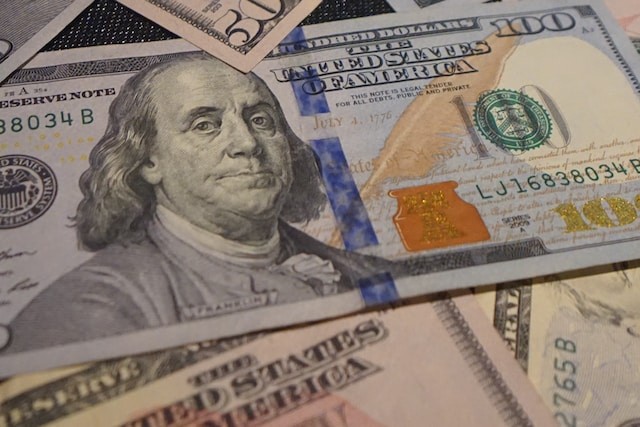
The United States is on the brink of a significant legal shift as the Supreme Court prepares to delve into the quadrillion-dollar tax issue in Moore v. United States, scheduled for early December. Expected to redefine the U.S. tax code broadly, this landmark case could potentially cost the government hundreds of billions of dollars in revenue, emphasizing the quintessential role of expert legal help.
Unrealized Gains and The U.S. Tax Code
The primary thrust of the Moore vs. United States case revolves around whether the federal government holds the legal right to tax "unrealized" gains. These are investments like stocks or bonds that have not yet been converted into cash; thus, their value remains unrealized by the owner. Large portions of the U.S. tax code stipulate that income must be "realized" prior to being subject to tax.
Critics of the existing setup have argued that this concept of realization is inherently vague, and courts have overlooked it for years due to administrative difficulties. Regardless of the court's decision in the Moore case, the overall importance of expert legal help cannot be stressed enough, given the wide-ranging implications of this issue.
Potential Tax Losses
The Justice Department estimates that even if the Supreme Court's decision is limited to the specific tax under consideration in the case named "mandatory repatriation tax," a ruling in favor of the plaintiffs may still lead to a loss of approximately $340 billion over the coming decade.
In more tangible terms, this figure could negate all the extra revenue expected to be churned by the $80 billion IRS funding boost and add $140 billion to the national deficit, which currently hovers between a staggering $26 and $33 trillion.
However, experts have insisted that the cost could surge way beyond if the court decides to expand its definition of what qualifies as realization, leading to massive amounts of taxable income being placed beyond the reach of the government.
Implications For Future Tax Legislation
Evidence of the gravity of this case is reflected in the fact that the U.S. solicitor general herself is scheduled to argue the case before the justices. The outcome could profoundly impact potential wealth taxes, like the one proposed by the Biden administration for billionaires in 2022, and the broader international tax regime.
On discussing the potential implications, Harvard University tax law professor Thomas Brennan suggested, "On one extreme, if the Supreme Court decides that a realization requirement is present in the 16th Amendment ... then there are several code sections that arguably would be invalid or have to be reworked."
Origin of the Tax Case
The tax dispute began when businesspeople Charles and Kathleen Moore paid a sizable $15,000 tax bill imposed on their investment in an Indian company that retails farm equipment. This resulted from the Republican's 2017 tax bill, which levied a one-time tax on Americans owning shares in foreign corporations regardless of whether the corporations had distributed any earnings to the shareholders.
Workarounds and Tax Dodgers
Regardless of what it is, the court's decision might not outright demolish the various financial routes often used by wealthy taxpayers to access unrealized property without technically receiving it and needing to pay taxes on it. One common strategy, infamously known as "Buy, Borrow, Die," involves using diversified stock portfolios as collateral for low-interest loans.
The realization requirement is also shrouded in controversy, with supporters seeing it as an essential component of the U.S. tax code and critics arguing it's more about timing for tax accounting purposes.
Furthermore, demands have been raised for Justice Samuel Alito to recuse himself due to his ties with a lawyer advocating for the realization requirement, triggering public debates about the ethics involved.
Concerns For Tax Lawyers
The broad effects of such a landmark ruling are expected to significantly change the landscape for tax lawyers. Lawrence Hill, a Steptoe & Johnson law firm partner, voiced his concerns: "If [the court makes] a specific realization requirement, then it could have an impact on many other provisions of the Internal Revenue Code."
The Supreme Court's move to examine this quadrillion-dollar tax issue underscores the magnitude of the matter and elicits the crucial need for expert legal help. Regardless of its outcome, the court's ruling is set to bring sweeping changes not only in the U.S. but also in international tax regulations.
Call us if you need help determining how these potential changes affect you. Feel assured that experienced legal experts handle your tax concerns.




